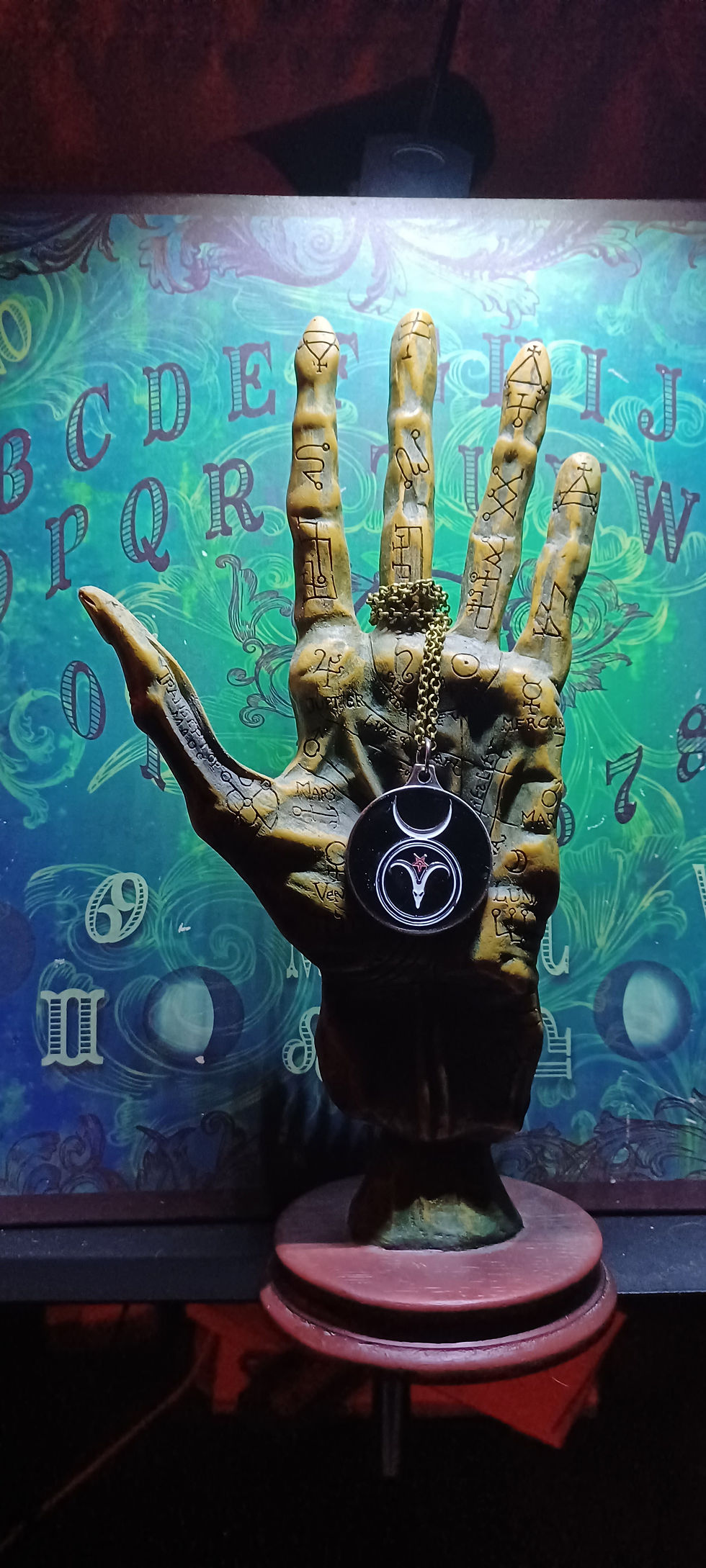LVYThN NEPTUNE: Boundaries, Abyss, and Transpersonal Waters
- Etu Malku

- Sep 17
- 2 min read

In the modern esoteric landscape, Neptune has acquired a symbolic role far beyond its original place in classical mythology. While the seven traditional planets remain the backbone of Western magical correspondences, practitioners have increasingly extended the system to include the “outer planets,” each representing transpersonal forces. Among these, Neptune is consistently associated with the dissolution of boundaries, the return to primordial waters, and the mystical experience of the collective unconscious.
Neptune’s element is Water, though not in its personal or lunar sense. The Moon governs tides, reflection, and the personal unconscious, whereas Neptune represents the cosmic ocean, the undivided sea that precedes differentiation. In this respect, Neptune embodies mysticism, intoxication, dreams, deception, transcendence, and the annihilation of the ego within an infinite abyss.
In modern Qabalistic adaptations, Neptune has been linked to Kether (Crown) or Chokmah (Wisdom), both sephiroth associated with expansive and undifferentiated force. Some authors further extend this connection to Ain Soph Aur, the limitless light beyond manifestation. Thus, Neptune is positioned as a metaphysical principle that erases boundaries and returns consciousness to an unformed, oceanic state.
The mythic sea-serpent Leviathan is often reduced in popular interpretation to a monstrous adversary, yet in deeper currents of esoteric thought, Leviathan symbolizes the primordial waters of chaos. As a being, it personifies that which precedes order: a formless totality that both threatens and sustains creation.
Here, the parallel with Neptune is direct. Neptune, as the archetype of the cosmic sea, represents the same principle Leviathan embodies, the abyssal depth from which form emerges and into which it ultimately dissolves. Within Western Left-Hand Path perspectives, Neptune and Leviathan converge as expressions of the Abyss itself, functioning not as mere symbols but as operative forces of boundary-dissolution and chaotic renewal.
A clear distinction must be made between Leviathan viewed through lunar symbolism and Leviathan viewed through the Neptunian lens.
Moon (Yesod): personal psychic waters, dreams, illusion, reflection, the shaping of the individual unconscious.
Neptune: the Oceanic Absolute, an impersonal abyss where boundaries vanish and dissolution into infinity becomes inevitable.
Thus, while the Moon reflects the individual’s tides and inner states, Neptune expands the symbol of Leviathan to encompass the infinite and transpersonal.
Neptune and Leviathan share a profound resonance. Neptune provides a cosmological scale to Leviathan’s meaning, shifting it from the lunar domain of dreams and tides to the boundless ocean of dissolution and chaos. Leviathan thus emerges as a symbolic and operative representation of the primordial sea, the abyssal serpent that devours form into formlessness, embodying both the terror and the necessity of dissolution in the cosmic cycle.


